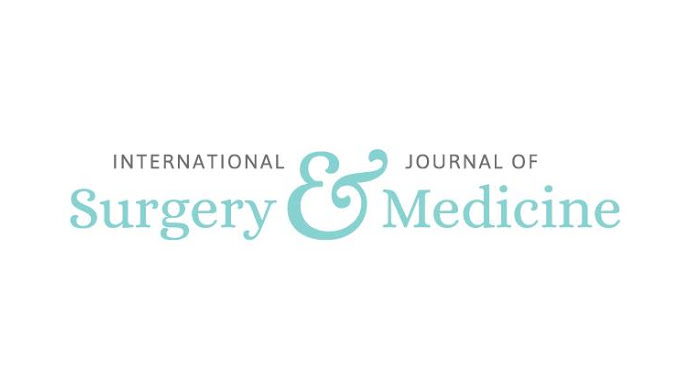
| Original Research Online Publishing Date: | ||||||||||||
Int J Surg Med. 2022; 8(5): 33-38 Hormonal Deficiency in Patients with Acute Traumatic Brain Injury: A Prospective Study Emmanuel Thas J, Geetha Rani A, Bhuvaneshwaran B, Jegan Narayana.
| ||||||||||||
| How to Cite this Article |
| Pubmed Style J ET, A GR, B B, Narayana J. Hormonal Deficiency in Patients with Acute Traumatic Brain Injury: A Prospective Study. Int J Surg Med. 2022; 8(5): 33-38. doi:10.5455/ijsm.136-1649086476 Web Style J ET, A GR, B B, Narayana J. Hormonal Deficiency in Patients with Acute Traumatic Brain Injury: A Prospective Study. https://www.ejos.org/?mno=9826 [Access: February 20, 2024]. doi:10.5455/ijsm.136-1649086476 AMA (American Medical Association) Style J ET, A GR, B B, Narayana J. Hormonal Deficiency in Patients with Acute Traumatic Brain Injury: A Prospective Study. Int J Surg Med. 2022; 8(5): 33-38. doi:10.5455/ijsm.136-1649086476 Vancouver/ICMJE Style J ET, A GR, B B, Narayana J. Hormonal Deficiency in Patients with Acute Traumatic Brain Injury: A Prospective Study. Int J Surg Med. (2022), [cited February 20, 2024]; 8(5): 33-38. doi:10.5455/ijsm.136-1649086476 Harvard Style J, E. T., A, . G. R., B, . B. & Narayana, . J. (2022) Hormonal Deficiency in Patients with Acute Traumatic Brain Injury: A Prospective Study. Int J Surg Med, 8 (5), 33-38. doi:10.5455/ijsm.136-1649086476 Turabian Style J, Emmanuel Thas, Geetha Rani A, Bhuvaneshwaran B, and Jegan Narayana. 2022. Hormonal Deficiency in Patients with Acute Traumatic Brain Injury: A Prospective Study. International Journal of Surgery and Medicine, 8 (5), 33-38. doi:10.5455/ijsm.136-1649086476 Chicago Style J, Emmanuel Thas, Geetha Rani A, Bhuvaneshwaran B, and Jegan Narayana. "Hormonal Deficiency in Patients with Acute Traumatic Brain Injury: A Prospective Study." International Journal of Surgery and Medicine 8 (2022), 33-38. doi:10.5455/ijsm.136-1649086476 MLA (The Modern Language Association) Style J, Emmanuel Thas, Geetha Rani A, Bhuvaneshwaran B, and Jegan Narayana. "Hormonal Deficiency in Patients with Acute Traumatic Brain Injury: A Prospective Study." International Journal of Surgery and Medicine 8.5 (2022), 33-38. Print. doi:10.5455/ijsm.136-1649086476 APA (American Psychological Association) Style J, E. T., A, . G. R., B, . B. & Narayana, . J. (2022) Hormonal Deficiency in Patients with Acute Traumatic Brain Injury: A Prospective Study. International Journal of Surgery and Medicine, 8 (5), 33-38. doi:10.5455/ijsm.136-1649086476 |








